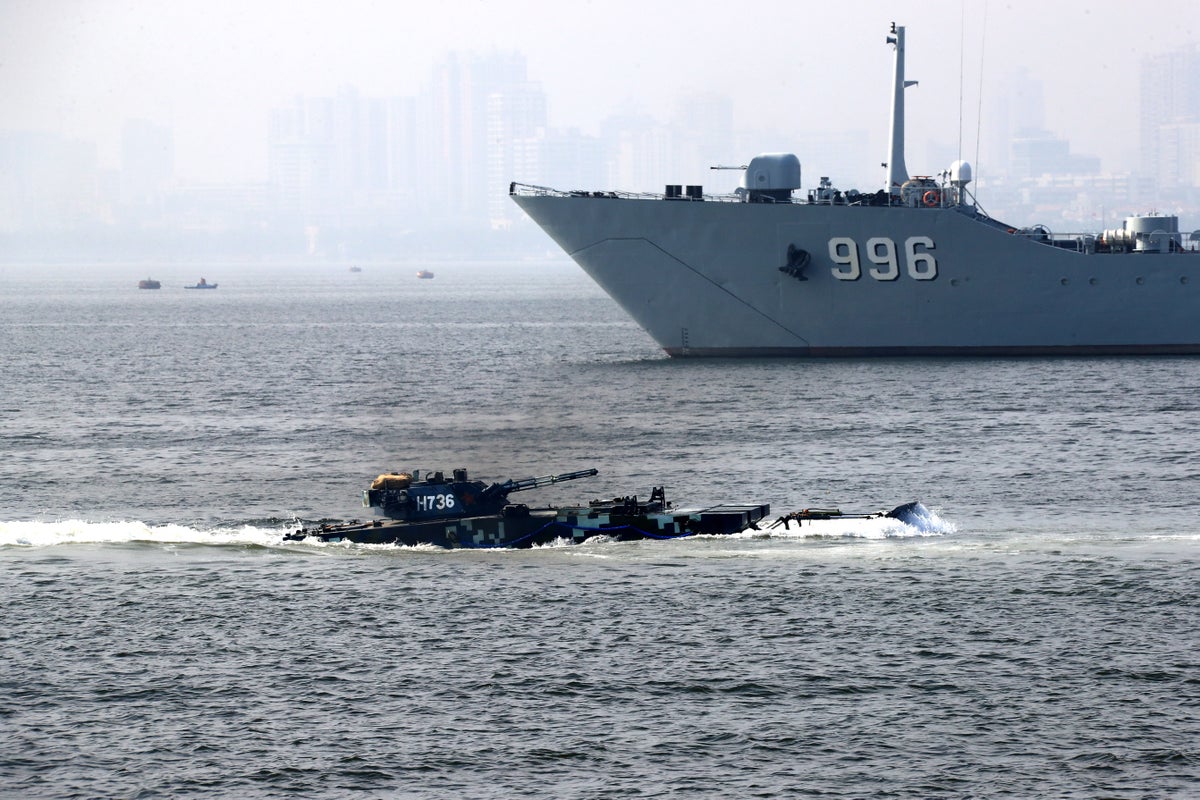
Australia has expressed strong concerns about its divers in international waters getting injured from sonar pulses from a Chinese destroyer.
A Navy destroyer of the People’s Liberation Army ignored requests to keep clear of the divers, Australian defence minister Richard Marles said in a statement on Saturday,
“The Australian Government has expressed its serious concerns to the Chinese Government following an unsafe and unprofessional interaction with a People's Liberation Army-Navy destroyer,” the defence minister said.
The divers were reportedly freeing nets entangled around the propellers of the Australian Navy’s HMAS Toowoomba which was conducting operations in the international waters inside of Japan’s exclusive economic zone.
The Australian Navy frigate reportedly communicated its intention to conduct diving operations using internationally recognised signals.
But a Chinese ship approached the Australian frigate and emitted dangerous sonar pulses, Mr Marles said.
“Medical assessments conducted after the divers exited the water identified they had sustained minor injuries likely due to being subjected to the sonar pulses from the Chinese destroyer,” he said.
“The safety and wellbeing of our Australian Defence Force (ADF) personnel is our utmost priority. Australia expects all countries, including China, to operate their militaries in a professional and safe manner,” the minister added.
Australia’s accusations come as several nations have raised concerns about China’s growing assertiveness in the seas.
Last month, a Chinese vessel came dangerously close – nearly 4 metres – to a Philippine patrol ship in the South China Sea, sparking fears of a territorial dispute.
A US Navy surveillance plane also kept a close watch earlier this month as dozens of Chinese coast guard and accompanying ships chased and encircled Philippine vessels in what is beeing veiwed as one of the most dangerous flashpoints in the South China Sea.
The US and its allies have deployed navy ships and fighter aircraft to promote freedom of navigation and to reassure allies like the Philippines.
“Defence has for decades undertaken maritime surveillance activities in the region and does so in accordance with international law, exercising the right to freedom of navigation and overflight in international waters and airspace,” Mr Marles said.







